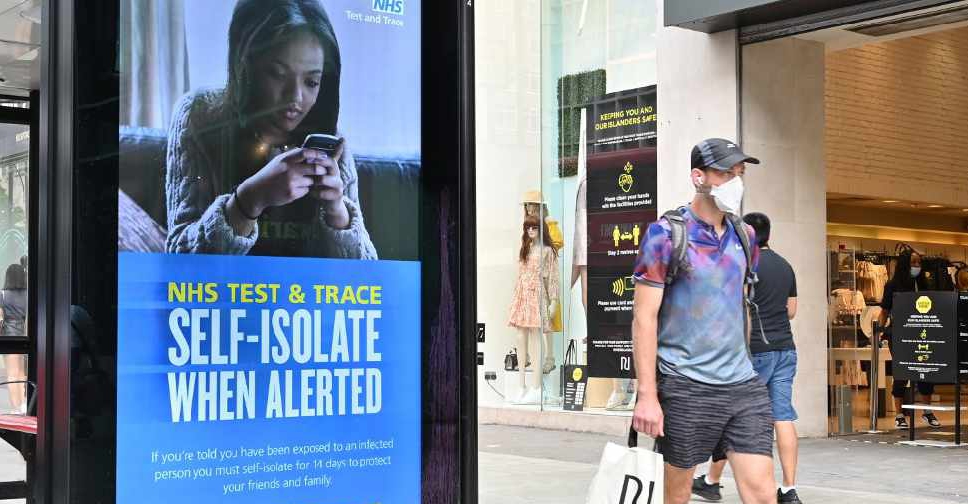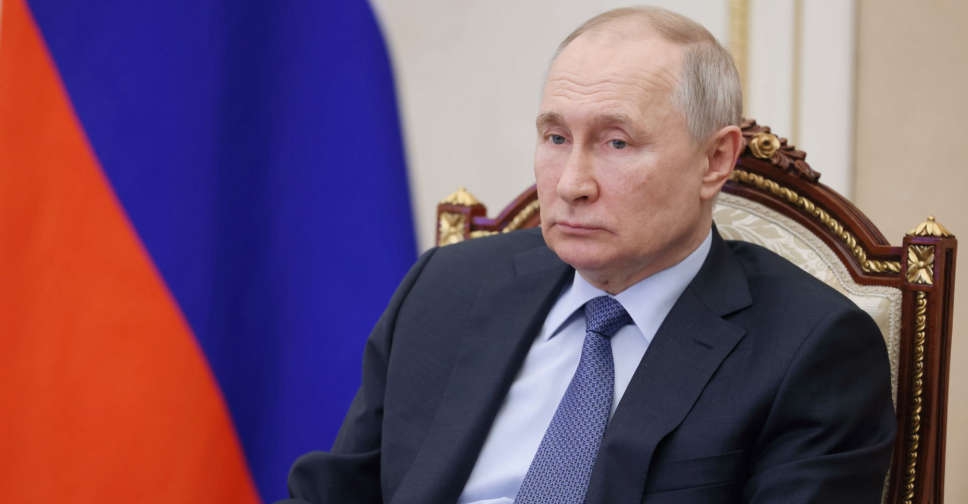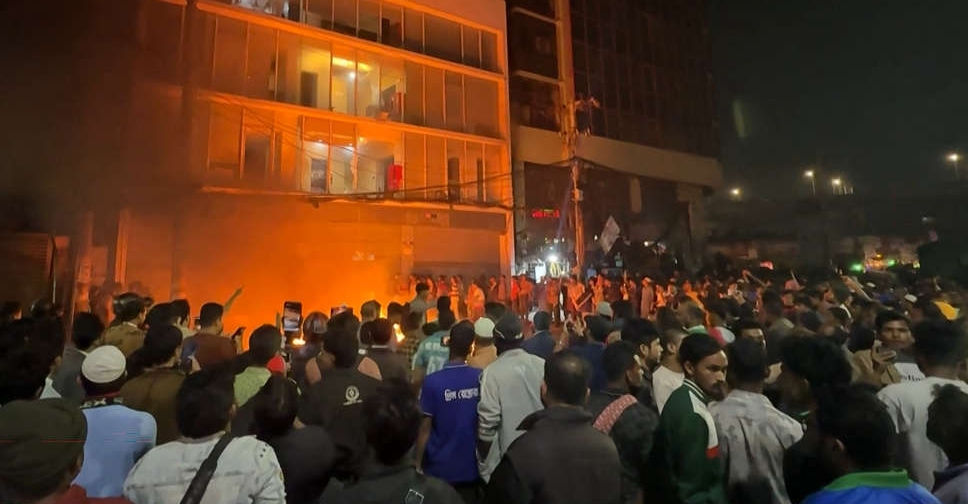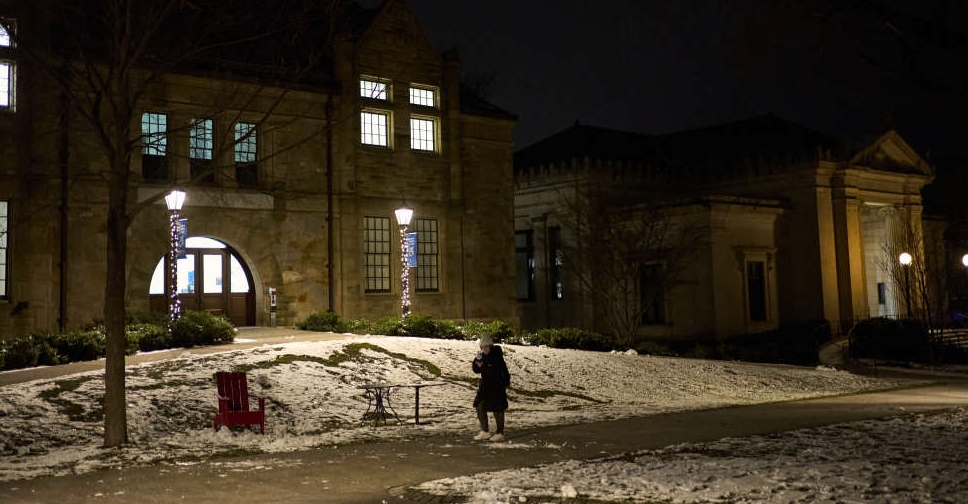
Tougher lockdown measures have been introduced in parts of northern England after a rise in the rate of novel coronavirus transmission, raising concerns over a second wave.
Britain reported its highest number of new COVID-19 infections in more than a month on Thursday, as ministers warned more quarantine restrictions were possible.
Around 4 million people were ordered not to mix with other households in Greater Manchester, the biggest city in northern England, parts of West Yorkshire and East Lancashire, though they can still go to work.
Those breaking the rules will face a fine of 100 pounds.
"The problem with this virus is that it thrives on the social contact which makes life worth living," Health Secretary Matt Hancock told Sky. "I totally understand the human impact of this but unfortunately that is how the virus passes on."
Asked by the BBC if the UK was now entering a second wave, Hancock said: "It is not yet and we are absolutely determined to take the action that is needed."
The measures were introduced hastily at the start of Eid al-Adha.




 Nine injured in attack in Taipei, media reports
Nine injured in attack in Taipei, media reports
 Putin offers no compromise on Ukraine, says EU 'robbery' failed
Putin offers no compromise on Ukraine, says EU 'robbery' failed
 Bangladesh rocked by unrest after death of student leader
Bangladesh rocked by unrest after death of student leader
 Suspected gunman in Brown University shooting found dead
Suspected gunman in Brown University shooting found dead



